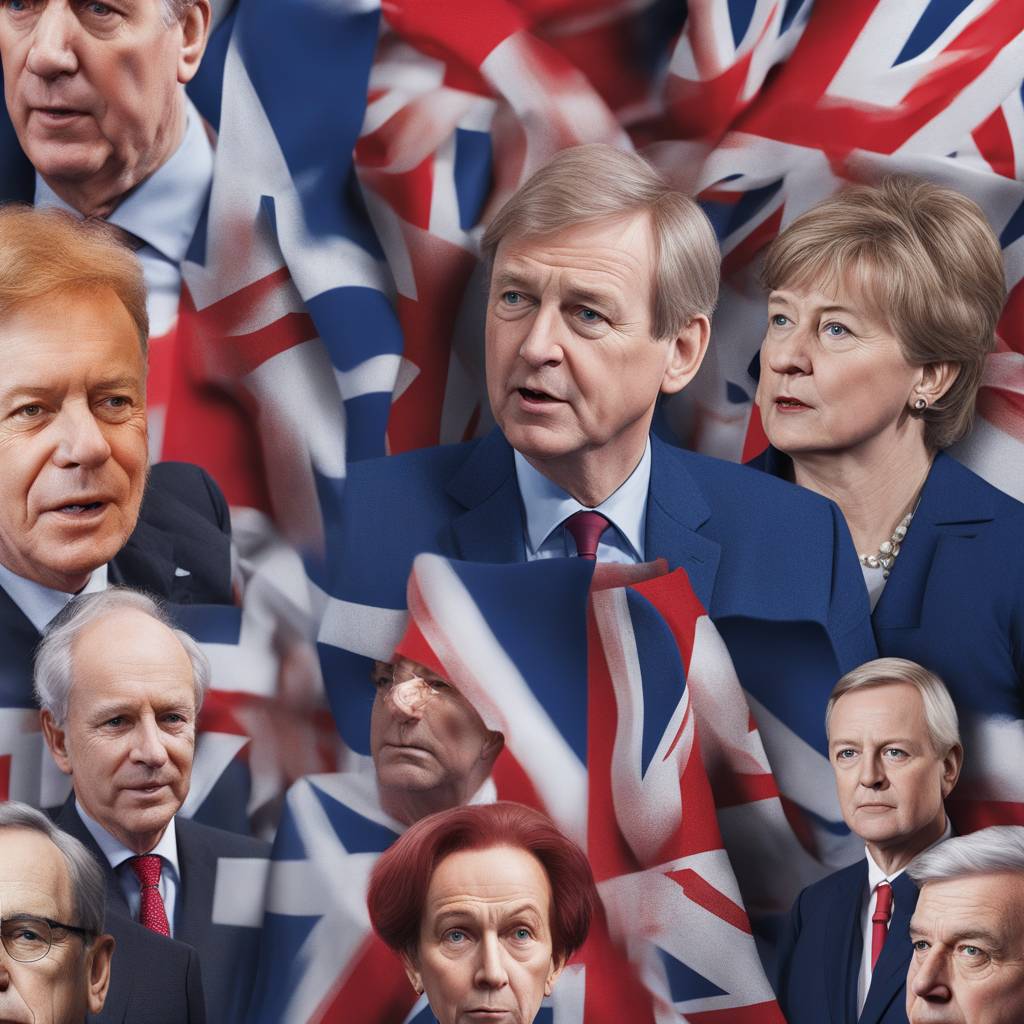Former U.K. home secretary Suella Braverman is urging governments in developed countries to prioritize limiting immigration, legal and illegal, as voters are demanding robust action on the issue. Braverman, known for championing lower levels of immigration and stricter enforcement of laws, also supported Britain’s exit from the European Union, highlighting the importance of addressing both legal and illegal immigration. She has been a vocal advocate for the U.K.’s plan to send illegal immigrants to Rwanda, emphasizing the need to break the model of people-smuggling gangs that contribute to the illegal immigration crisis.
Despite efforts to address illegal immigration in the U.K., such as the proposed Rwanda scheme, legal immigration numbers continue to remain high, surpassing 700,000 in recent years. Braverman notes that successive governments have failed to significantly reduce legal immigration numbers, despite promises to do so. The proposed Rwanda scheme, based on deterrence to combat illegal immigration, was blocked by the European Court of Human Rights and the U.K.’s Supreme Court, leading many, including Braverman, to call for the country to leave the European Convention on Human Rights to regain control over border security and immigration policies.
The migration crisis is not unique to the U.K., as countries in the European Union are also struggling to address illegal migration and manage overall immigration numbers. The United States is facing a historic crisis at the U.S.-Mexico border, with increasing numbers of migrants seeking entry. Braverman emphasizes the need for a coherent global plan to address the migration crisis and calls on developed countries to demonstrate the political will necessary to implement effective solutions. She highlights the impact of immigration on communities in the U.S. and predicts that the issue will be a significant factor in the upcoming presidential election.
Braverman, who has been named as a potential future leader of the Conservative party, believes that the international community has yet to develop a comprehensive strategy to address the global migration crisis. She stresses the importance of political will in implementing solutions to manage and control immigration effectively. Drawing from her experience meeting with U.S. Department of Homeland Security Secretary Alejandro Mayorkas, Braverman predicts that immigration will be a major issue in the upcoming U.S. presidential election, as voters are seeking strong border control measures and decisive action from elected officials to address the challenges posed by immigration.
In conclusion, Suella Braverman’s warnings about the need for stronger immigration policies in developed countries come at a time when the global migration crisis continues to pose significant challenges. As countries struggle to address illegal and legal immigration issues, Braverman calls for decisive action and political will to limit immigration and strengthen border enforcement. With the U.S. also facing a migration crisis at its southern border, Braverman emphasizes the importance of finding solutions to manage immigration and address the concerns of communities impacted by migration. As the issue of immigration gains prominence in political discourse, Braverman’s insights serve as a reminder of the importance of addressing the challenges posed by immigration through coordinated and effective policies.


